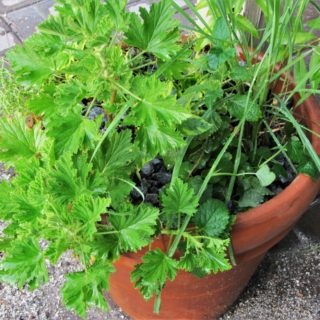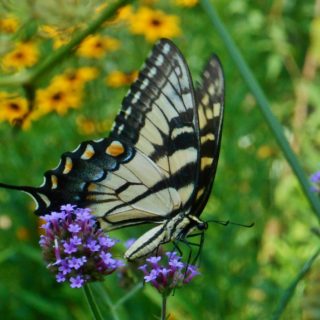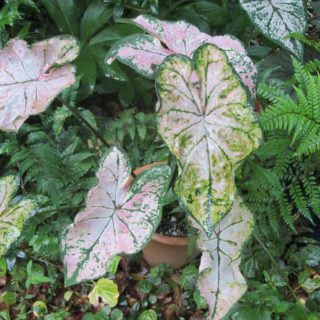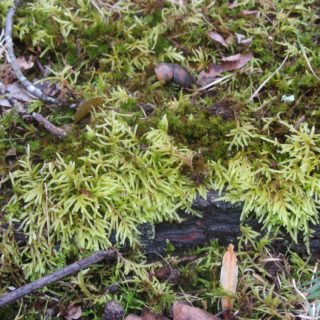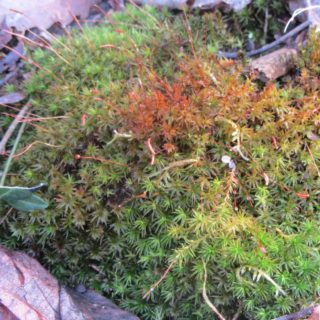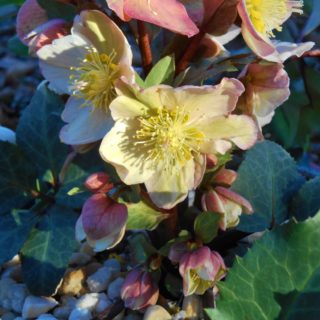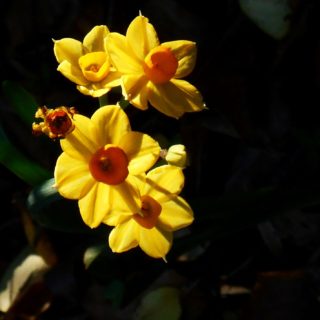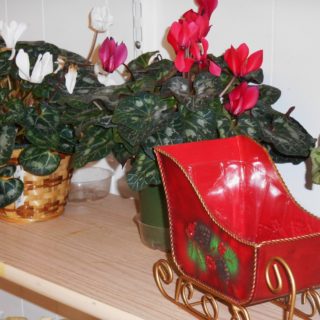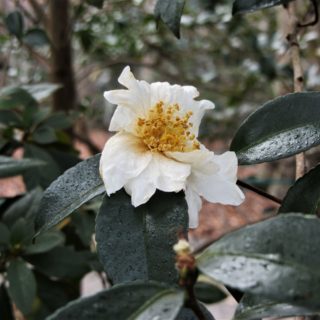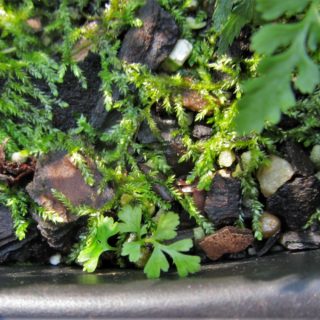Designing With Lemon Scented Plants
Picnics with citronella candles, lemon scented furniture polish and sweet tea with lemons all recall happy childhood memories. Fragrance has a profound ability to create or shift a mood, to trigger memories and create new ones. Just as cinnamon evokes the holidays; crisp, cool lemon is a summertime fragrance. Most lemon scented plants thrive in warm climates. Lemon trees, Citrus limon, are hardy only to Zone 8. Originally native to Asia, they spread throughout the ancient world wherever the...

